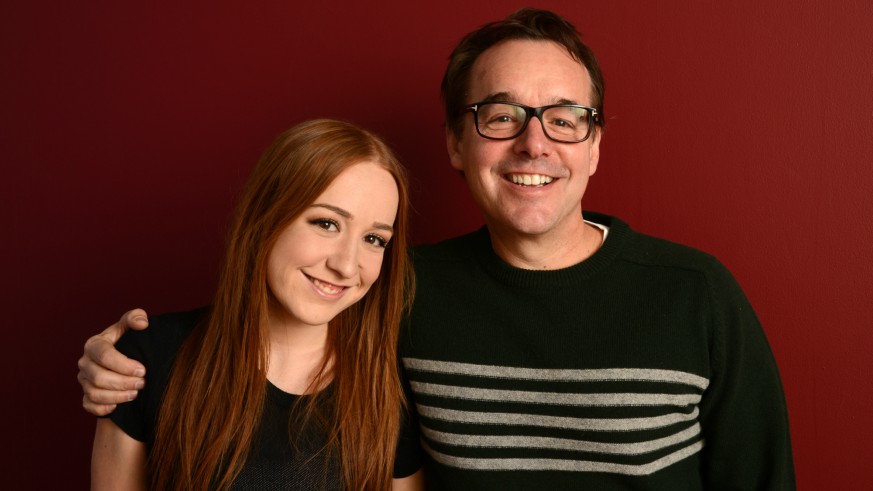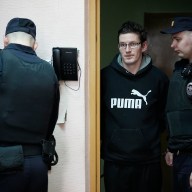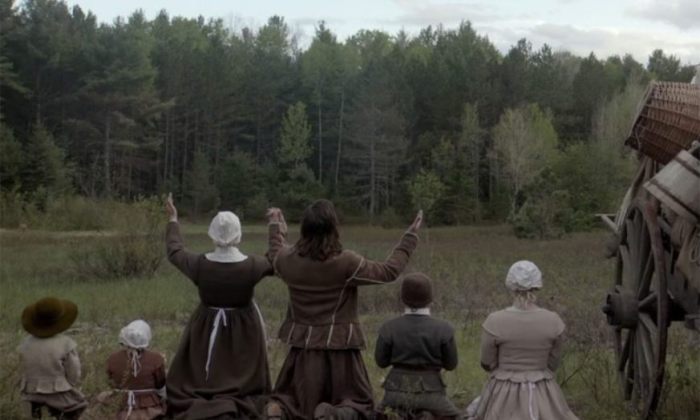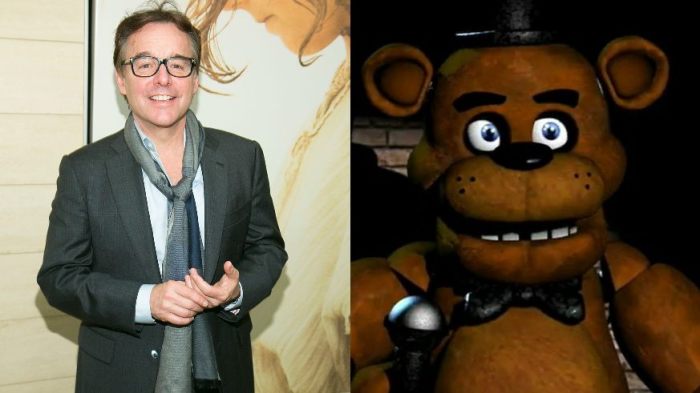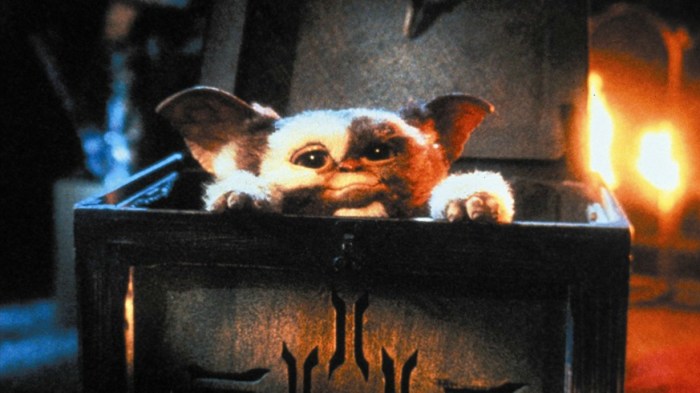29-year-old Eleanor Columbus showed her eye for scouting movie projects at an unerringly young age.
She was the one that convinced her dad Chris Columbus to read J.K Rowling’s “Harry Potter” books, the first two installments to which he directed in the early 2000s
So it was little surprise that Chris, who also wrote “Gremlins” and “The Goonies” as well as directed “Home Alone” and “Mrs Doubtfire,” decided to start the company Maiden Voyage with Eleanor all with the intention of assisting first-time filmmakers.
The ascent of the studio over the last few years has been astounding, as the pair have brought the likes of “The Witch” and “Patti Cake$” to the big-screen.
Because of this success, on Monday night the pair are being celebrated as honorees at the 2018 Tisch Gala, the university that they both graduated from, although several decades apart.
I recently had the chance to speak to Chris about the award, Maiden Voyage, assisting first time filmmakers and why he is always trying to find a film that connects with an audience.
What was your response to being honored by Tisch?
My first response is to always legitimately say, ‘No, I am not old enough for this yet. I have more to accomplish.’ But because of the unique nature of it, and they were honoring both me and my daughter, I looked back on our recent filmography and I thought, ‘We have done OK.’ I felt it was nice and the right time. And it is good for the school because it encourages more young filmmakers to go out and make their own films. Which is the philosophy of Maiden Voyage.
You and Eleanor both went to Tisch, do you ever talk about your times there?
When Eleanor went, I wouldn’t say it is more corporate, but it was four times the size. The school has a much more well-rounded curriculum. Because when I was there it was all geared towards production. You were either a writer or a director. Now it is specialized. They can teach you how to become a producer, a production designer. It is geared towards getting employment in the real world.
What were the origins of Maiden Voyage?
For 4 or 5 years, once a year I would work with NYU on the Columbus Vague Awards, which was an early version of Maiden Voyage. We would meet 5 or 6 filmmakers from NYU and we would release a certain amount of money to help them make their first films. I just loved their energy and the creative excitement. But they would make the movies and I would never see them again. I then called Eleanor, who was working in New York in the independent film world, and said, ‘We should take this idea and start a company. Help the filmmakers find funding but then we can creatively be involved as much as we need to be.’ Eleanor agreed. We moved to San Francisco and started the company.
What’s the working dynamic between the two of you like?
Eleanor will go through 5 or 10 scripts a week and once every few weeks she will find a script that she wants to proceed with. 90% of the time we agree. We have had 1 or 2 disagreements along the way. Our role is finding the right fit for the movie. We have a three strike rule. We read the script, we see the short film of the person, so that we can see that they have a visual sense and that they can direct actors, and then we meet the filmmaker to see that they have the confidence and the ability to direct the film and work with actors. Our role is to find someone with a good storytelling sense. We want the filmmakers to feel artistically free. Producing filmmakers can be a delicate balance. Because, fundamentally, the thing that I find weakest in first time directors is how they interact with actors, so when we interview our directors we want to make sure that they have the confidence to speak to actors, and have the experience to do so.
Is there a goal for Maiden Voyage?
We want to help film students, even those that have been out of it for a while, make the films they are passionate to make. We never thought about the commercial side of it really. It was all about getting the films celebrated and seen by people. But that changed a little bit with “The Witch.” Because “The Witch” was made for $1.8 million and then made $40 million. The mercenary side had to take over a little bit. Because Robert Eggers fulfilled his artistic vision and made a film that connect with an audience. That was an eye opener. And now, with each film, I want to make a film that does connect with audiences. Even at this level no-one has a crystal ball about what audiences want to see. So there is a battle in fighting against the mercenary side of the company and still pursuing each director’s artistic vision.

